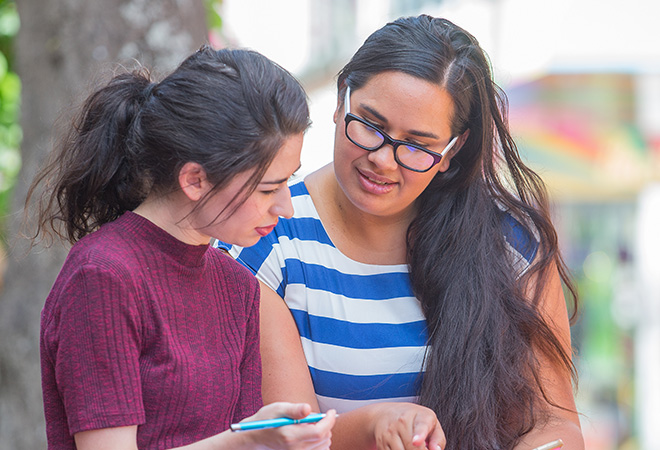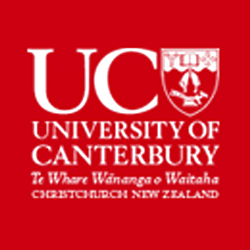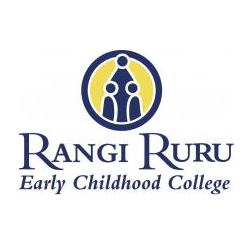
Inakitia Rawatia hei Kakano mō Āpōpō: Students Encounter with Bicultural Commitment
Status
Completed: 13 May 2014
Project Details
A project, completed in 2014, to better understand student encounters with biculturalism; their understanding of te ao Māori (the Māori world) from their past experiences; and the new learning that will occur during their study in an initial teacher education (ITE) programme. A collaboration of the University of Canterbury and Rangi Ruru Early Childhood College.
Aims:
The main aims of the project were to:
- gain an understanding of what compels students to maintain or hinders them from maintaining, beyond their training years, high quality bicultural involvement with all tamariki within the early childhood environment in Aotearoa New Zealand
- find out what skills and understandings students have in regard to he ao Māori (Māori worldviews) when they enter ITE and to identify attitudes that might support or hinder students’ development in this area
- understand which aspects of learning might best facilitate ongoing development and progress for graduating students, that is, advance their bicultural development beyond the tertiary education classroom
- gain a deeper understanding of and being better informed about the importance of integrating a bicultural component in initial teacher education.
Methodology:
The project methodology involved:
- a review of the literature
- first-year students in an ITE programme participating in an anonymous questionnaire about their understandings of and their emotions and experiences with respect to bicultural issues, Te Tiriti o Waitangi, and the principles of language acquisition.
Team

Diane Gordon-Burns
Project Leader
University of Canterbury
Leeanne Campbell
Rangi Ruru Early Childhood CollegeStatus
Funding
$10,000.00 (excl GST)
Key Findings
The key findings from the project included:
- The findings of the pilot research project in 2011 showed that half of the respondents had not studied any form of te reo Māori (waiata, history, interaction with Māori community) before entering ITE.
- This finding led to reframing some of the questions for the 2012 intake. For example, students were asked if they had heard about the Graduating Teacher Standards or the standards relating to he ao Māori before entering teacher training. Only one person acknowledged that they had.
- Although half of the responders had been involved in learning some form of te reo Māori at some stage in their earlier education, only 11 students had experienced formal lessons at secondary school for a year or more.
- The conclusion from these findings was that the attitude and the aptitude of those entering ITE relative to he ao Māori and te reo Māori could differ if they had opportunity, prior to applying for entry to initial teacher education, to meet with career advisors able to outline the expectations and requirements of competency in these matters for educators.
- The findings also led to the conclusion that such a development would also support the notion of compulsory study of te reo Māori as a school subject for all students in all schools within Aotearoa.
Key Recommendations
The key recommendations from the project relate to the likely future findings from the larger research project being undertaken:
Embracing a bicultural commitment | It is more productive that we put our energies into embracing a bicultural commitment. As teacher educators, this means monitoring incoming student teachers’ attitudes and values and being aware of the likely bicultural commitment and practice of the schools that they have graduated from. It means scrutinising and then helping to ensure students’ suitability to work and teach in an Aotearoa New Zealand context that is informed by the principles of biculturalism, which are mandated and upheld by legislation.
Identifying attitudes and values relating to biculturalism | The small pilot study and associated literature review has confirmed the importance of a larger research project directed at identifying and documenting the attitudes and values relating to biculturalism that students bring into their teacher education.
Commitment to bicultural thinking and practice | The responses from the students who completed the questionnaire just after attending a course exploring the Treaty of Waitangi indicate the fruitfulness of further such work throughout each year of the ITE programmes. How such work might play out for the students and their commitment to bicultural thinking and practice during their programme of study and on into their teaching is another strand we want to weave into our research project.
Facilitating attitudinal change | The larger research project is likely to confirm that greater value needs to be placed on te reo Māori me ngā tikanga in our education systems than is presently the case. Most particularly, the researchers look forward to exploring how teacher educators can best facilitate (where needed) attitudinal change amongst incoming student teachers in relation to bicultural competence and knowledge that holds throughout their years of ITE study and beyond.
A research report prepared by Diane Gordon-Burns and Leeanne Campbell.
(PDF, 1.3 MB, 21-pages).
- 13 May 2014